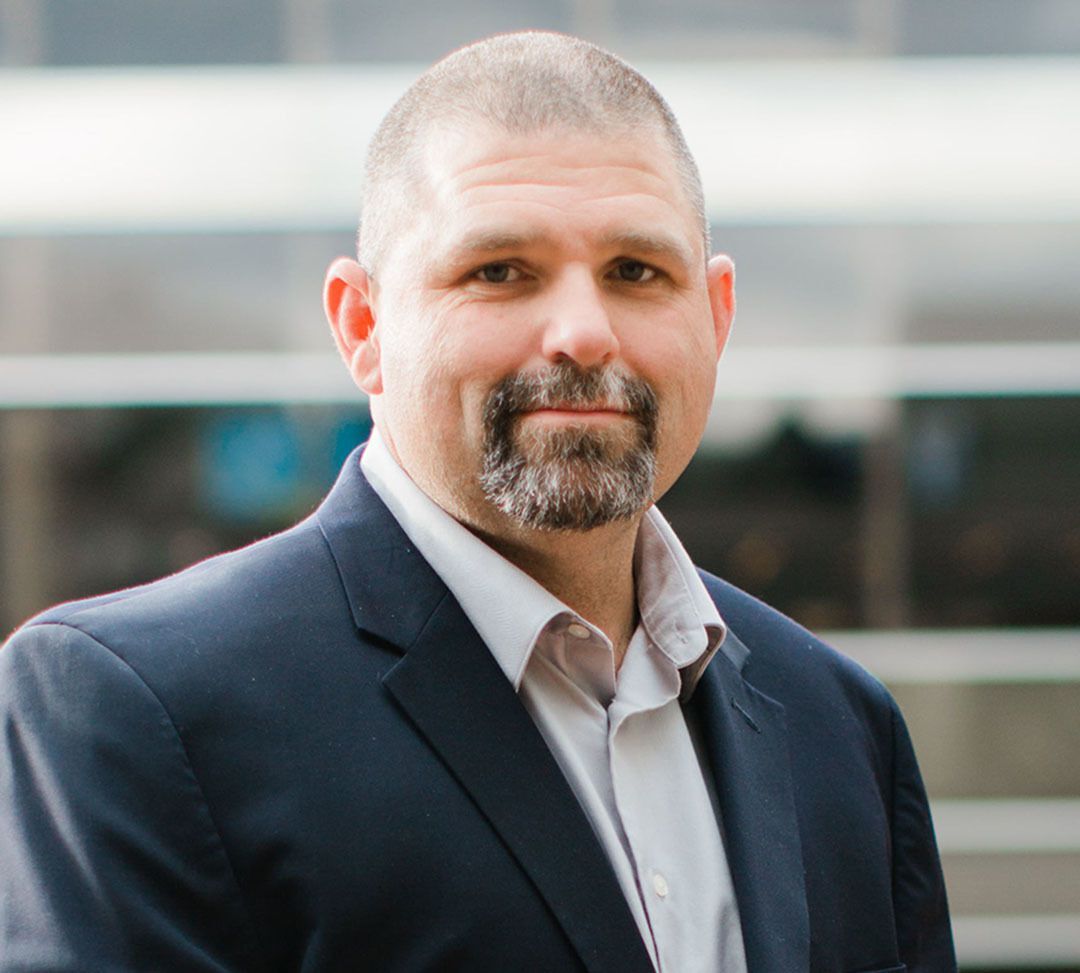Mark Owens, Farmer and Oregon State Representative

Mark Owens first stepped foot in Harney County when he was 16; he came with a high school friend to work on their ranch. Born in Walnut Creek, CA where he spent the first 8 years of his life his family then moved to the Boring/Gresham area outside of Portland. "The first time I came into Harney County I was turning 16, didn't know what alfalfa was, didn't know what ground water irrigation was, I didn't really know what rural frontier Oregon was. It was a great experience, great people, a great way to spend a summer." Little did Mark know at the time but this place he spent his summer would one day become his home.
Harney County has been Mark's home since 1990 and he became an alfalfa farmer in 2001; "we make our living in agriculture in Harney County. I went to work for the gentleman I worked for in high school and then some opportunities came about in 2001 when my wife and I bought our first farm after marrying in 2000, that was up in Catlow Valley. We owned that for 5 or 6 years and then came back to Crane where my wife taught school, we purchased some property and my wife, and I started expanding our business even more".
In addition to farming, Mark serves his community through political office. Following 3 years as a County Commissioner, Mark is now serving as a State Representative. "If you were to ask me 15 years ago if I would have ever been a politician or in public service I would have said no, because I never had that thought. As a first-generation farmer in Harney County I saw a lot of the things that I was able to accomplish and my wife being able to accomplish becoming more challenging, specifically the water conversation. The water conversation started in earnest in 2015, that was probably my drive to get involved in politics. Could I be a voice for agriculture as we're going through challenging times? What does this mean for me, what does this mean for my neighbors? I've been very blessed and very fortunate to help my community start to work through some of these conversations."
In addition to his farming business and political office responsibilities Mark participates when he can with High Desert Partnership collaboratives. "We've seen the other side of collaboration where we are controlled by litigation and federal and state governments, that shuts down economies and shuts down communities, it's not a sensible approach to me. Bringing a broad group of people together to look at how we best can use resources economically, socially, and ecologically is the way toward long term success for communities and I support that. Good collaboration is a win-win, it's where both sides or multiple sides see where the product they've made supports the decision they think is best for the community. Does collaboration always get everybody where they achieve everything they wanted to in the beginning, no. Specifically water, we're in a water constrained environment, there's not enough of that resource to go around to get everybody's utopia, it's not going to happen. But if we have a path forward where everyone is satisfied that we're using that resource to the best of our abilities to support a community outcome, then that's a collaborative outcome.
Some may feel that collaboration is working with the enemy, we're compromising on our values, compromising on our beliefs, that's not what true collaboration is. True collaboration is coming forward with a path for sustainability for our community that we all agree on, it's not compromising our values and beliefs, it's trying to codify those values and beliefs with others for a long-term plan."
Mark's days are busy juggling multiple responsibilities, when he does have downtime it's with his family: "The biggest gift of life is family, my loved ones, so when I do have downtime, it's trying to figure out how I can spend that with my wife, son and daughter on our farm. Anymore it's a privilege to have good quality of time at home, enjoying my family and the community."
